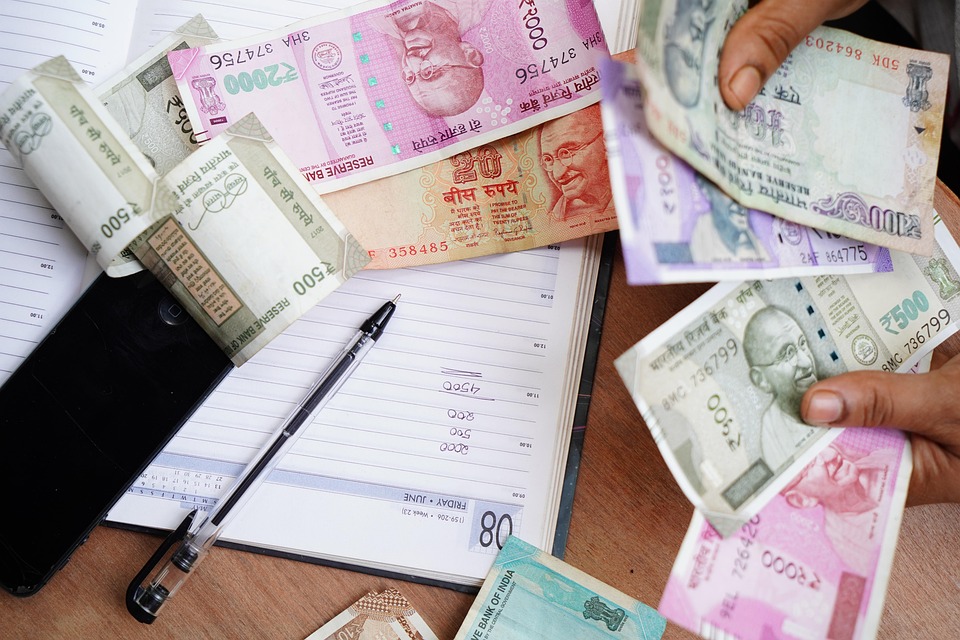Last updated Mar. 28, 2025 by Charles Zemub
Owning a car is more than simply having a convenient mode of transportation; it often signifies independence and freedom. However, buying a car, especially with an auto loan, involves a financial obligation that can sometimes become a burden if circumstances change. Falling behind on loan payments can lead to the repossession of your vehicle, which can be a stressful experience that disrupts your life and tarnishes your credit score. It’s crucial to be proactive in managing your auto loan to prevent repossession. This article explores comprehensive strategies to help you avoid auto loan repossession while maintaining financial stability.
Understanding Auto Loan Repossession
Repossession is an event where the lender takes back property (in this case, your car) due to defaulting on loan payments. When you finance a car, the vehicle serves as collateral for the loan. If you fail to make timely payments, the lender has the legal right to repossess the car to recover their losses. This process, although it varies based on state laws and lender policies, can occur relatively quickly after a missed payment, emphasizing the importance of staying on top of your payment schedule.
Tips to Avoid Auto Loan Repossession
1. Budgeting Effectively
Creating a comprehensive budget can prevent missed payments by ensuring you allocate funds for your auto loan each month. Track your monthly expenses and income, and prioritize necessary expenditures like loan payments, rent, and utilities over discretionary spending.
2. Open Communication with Lenders
Lenders typically prefer to work with borrowers who communicate openly. If you’re struggling to make a payment, contact your lender promptly. Many lenders offer options such as payment extensions, deferrals, or restructuring the loan terms to lower monthly payments temporarily.
3. Refinancing Your Auto Loan
Refinancing involves replacing your existing loan with a new one, often with more favorable terms. Consider refinancing if it can reduce your interest rate or lower monthly payments, making repayment easier and reducing the risk of repossession.
4. Prioritizing Loan Payments
When money is tight, prioritize your auto loan payments over less critical expenditures. Maintaining regular payments prevents default and demonstrates to your lender that you are committed to fulfilling your financial obligations.
5. Developing an Emergency Fund
An emergency fund can provide a financial cushion to cover loan payments if unexpected expenses arise. Consistently saving a small portion of your income can help you avoid financial hardship during challenging times.
6. Exploring Loan Modification Programs
Some lenders offer loan modification programs that can lower interest rates, extend the loan term, or adjust payment structures to better suit your financial situation. Inquire with your lender about these options if you’re facing difficulties.
7. Avoiding High-Interest Loans
When initially securing an auto loan, shop around for the best interest rate to avoid high interest that could strain your finances. A lower interest rate means lower monthly payments and a reduced chance of falling behind.
8. Selling the Car
If maintaining payments becomes unsustainable, selling the car might be a viable strategy. This allows you to settle the outstanding loan amount before repossession and potentially retain some equity depending on the car’s value.
9. Debt Counseling Services
Non-profit credit counseling agencies can offer financial advice and help you develop a plan to manage debt more effectively. Enlist their help to negotiate with lenders or structure your finances efficiently.
10. Understand Your Rights
Familiarize yourself with state laws concerning repossession rights and procedures. Knowing your rights can prevent unethical practices by lenders and offer potential recourse if any occur.
Potential Consequences of Repossession
Beyond losing your vehicle, repossession can seriously damage your credit score. A repossessed car will be auctioned to recoup the lender’s losses, but if the auction price doesn’t cover the loan balance, you could still be liable for the deficiency balance. This leftover debt, combined with derogatory credit reporting, can impede future credit access.
Short Answer
✓ Short Answer
Auto loan repossession occurs when a borrower defaults on their payments, and the lender legally reclaims the vehicle. To avoid this, it is critical to manage and prioritize loan payments, communicate openly with your lender if financial troubles arise, and consider options such as refinancing or loan modification. Developing an emergency fund and consulting debt counseling services can provide additional support. Proactively taking steps can prevent the loss and protect your credit rating while maintaining financial stability.
Frequently Asked Questions (FAQs)
Q: What should I do if I can’t afford my car payment?
A: Contact your lender immediately to discuss your situation. They might offer solutions like deferment, a modified payment plan, or refinancing options. Avoid delaying communication, as proactive measures can prevent repossession.
Q: How does refinancing an auto loan work?
A: Refinancing replaces your existing loan with a new one, possibly with a lower interest rate or longer term, reducing monthly payments. Ensure that the savings outweigh any associated refinancing fees.
Q: What is the consequence of missing a single car payment?
A: A single missed payment can result in late fees and negatively impact your credit score. Repeatedly missing payments risks triggering repossession proceedings by the lender.
Q: Can I recover my car after repossession?
A: Recovery is possible if your state laws allow for redemption, where you pay the outstanding balance, plus fees, within a specified time. Alternatively, you may negotiate with the lender for reinstatement or a new payment plan.
Q: Are there legal protections against repossession?
A: Yes, state laws dictate repossession rights and obligations. Generally, lenders cannot breach the peace or use deception. Understanding your state’s laws can help you recognize and counteract unfair practices.
Q: Is voluntary repossession a better option?
A: Voluntary repossession may prevent additional fees associated with forced repossession. However, it still impacts your credit score negatively and should be considered a last resort after exploring other options.


